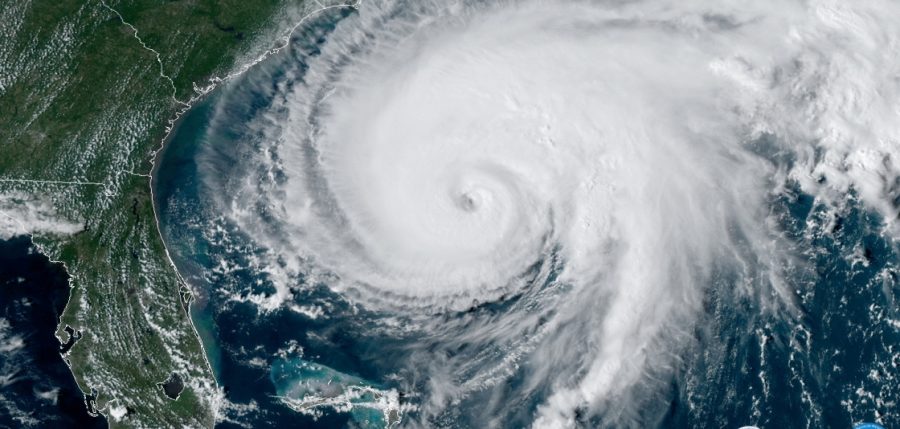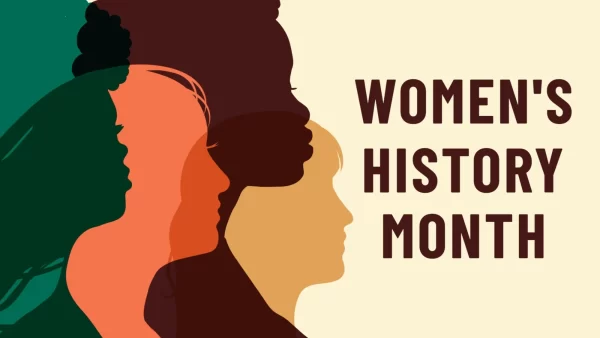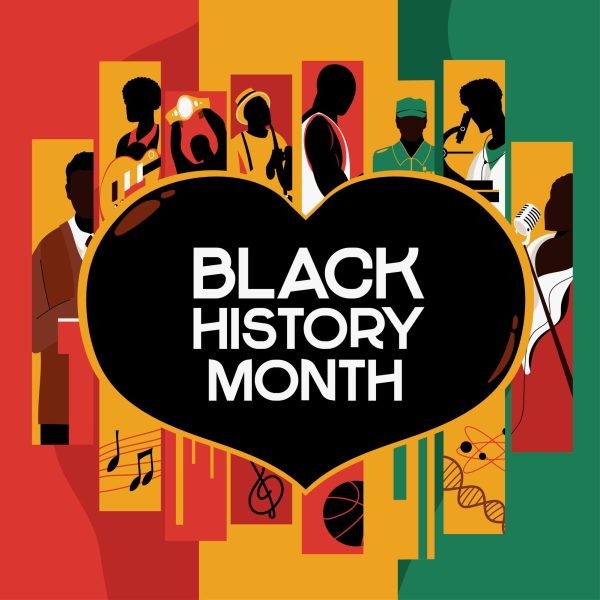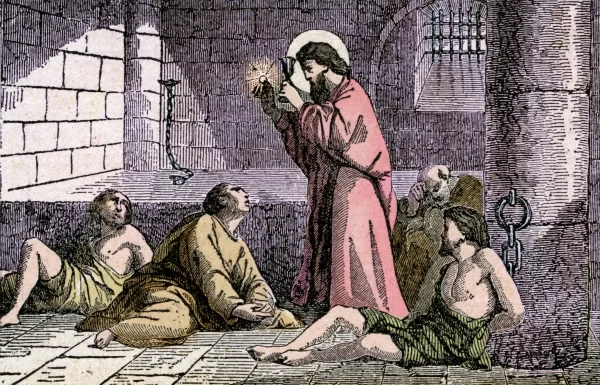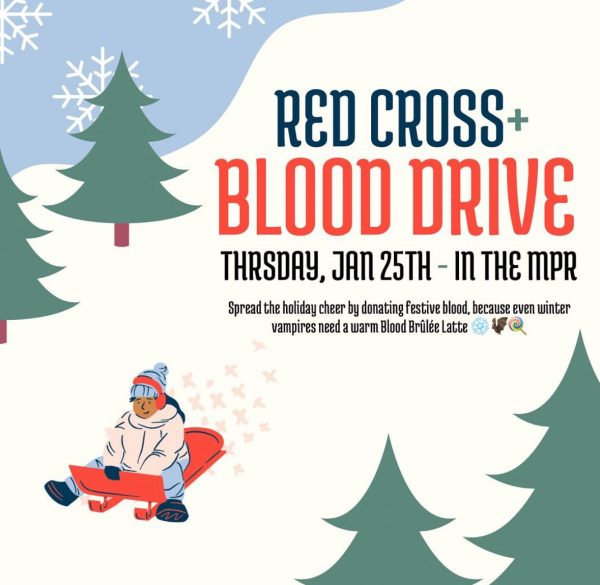Hurricane Naming System
Courtesy of National Oceanic and atmospheric Administration
Lists of names for hurricanes are reused every six years, according to the National Hurricane Center and Central Pacific Hurricane Center website.
The 2020 Atlantic hurricane season has brought 23 tropical storms, including seven hurricanes, two of which (Laura and Teddy) became Category 4 hurricanes, making it the most active season since 2005. Hurricane season runs through November 30, and more tropical storms and hurricanes will likely take place before that date.
There are six alternating lists of names used for hurricanes and tropical storms by the National Hurricane Center (NHC) for Atlantic hurricanes and tropical storms. This system of naming hurricanes and tropical storms has been used since 1953. These lists include 21 names in alphabetical order, excluding letters Q, U, X, Y, and Z, as there are not enough names starting with these letters. The names alternate between female and male in each list. All six lists can be viewed at the National Hurricane Center and Central Pacific Hurricane Center website.
Names are given when a tropical depression becomes a tropical storm. That is, when sustained winds reach up to a maximum of 39 miles per hour (mph). A hurricane is identified by the National Weather Service (via CNN) as a “tropical cyclone with maximum sustained winds of 74 mph (64 knots) or higher.”
Names that have been used for hurricanes that are especially deadly or have a great financial impact are retired and replaced with names that are of the same gender, that begin with the same letter, and that have the same country of origin. For example, after Hurricane Katrina, the devastating and deadly Category 5 hurricane, flooded New Orleans in 2005, killing more than 1,500 people, the name Katrina was retired. It was replaced by the name Katia.
Since there have been so many hurricanes, all the names on the list for the 2020 hurricane season have already been used. Therefore, hurricanes and tropical storms that happen after Tropical Storm Wilfred will be named after letters of the Greek alphabet. Greek names have only been used once before, in 2005. Six Greek names were used in 2005: Tropical Storm Alpha, Hurricane Beta, Tropical Storm Gamma, Tropical Storm Delta, Hurricane Epsilon, and Tropical Storm Zeta.
As of September 29, there have been two tropical storms with Greek names: Alpha and Beta. The next hurricane or tropical storm will be called Gamma.
The list of the Greek names for hurricanes are shown below:
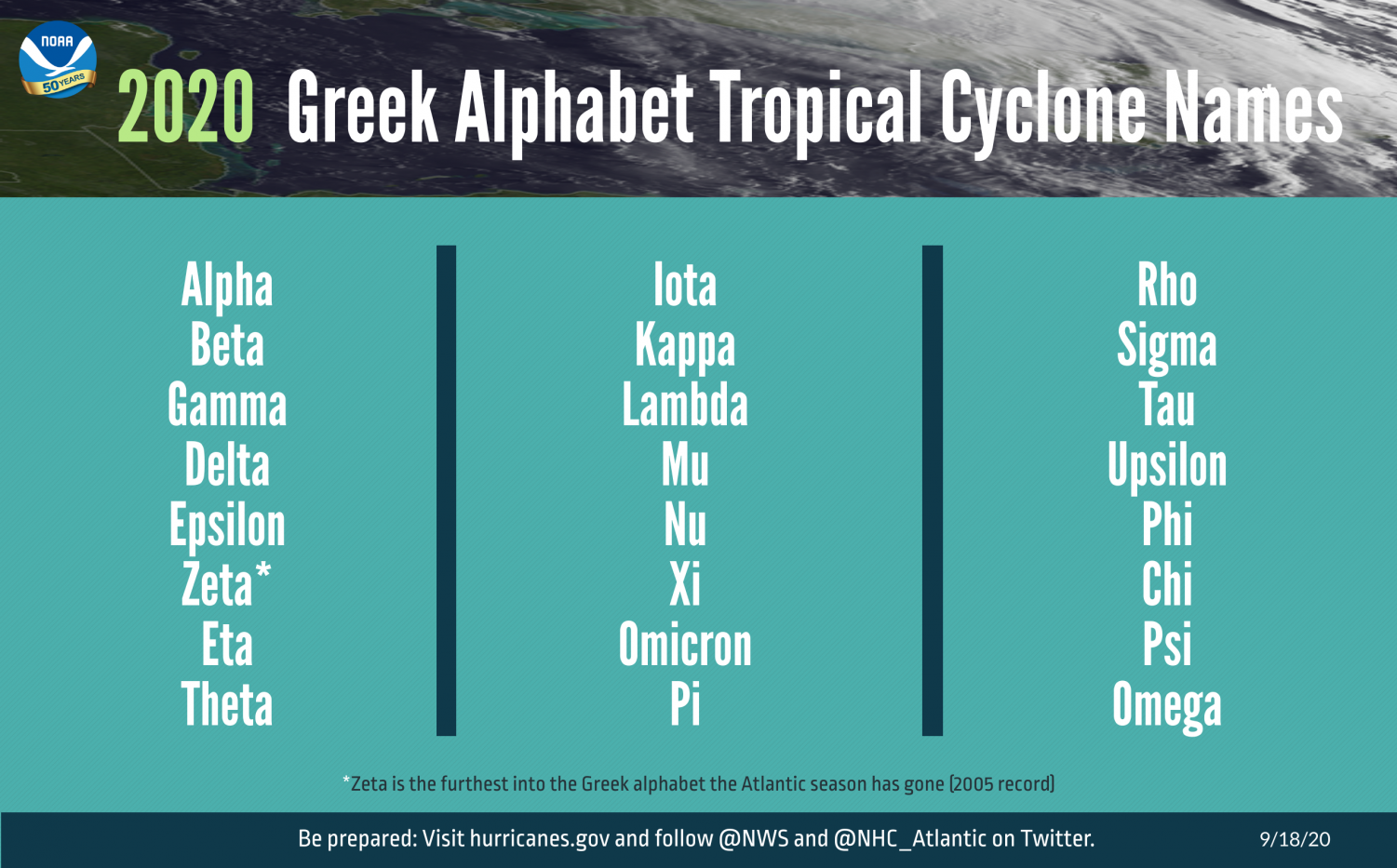
Update (10/8/2020): Tropical Storm Gamma and Hurricane Delta have both formed since the writing of this article. The new total for tropical storms is 25, including eight hurricanes. The next hurricane or tropical storm that forms will be called Epsilon. The formation of Epsilon will bring the total number of hurricanes/tropical storms to 26, only one less than the record, which was set by the 2005 Atlantic hurricane season.
https://www.nhc.noaa.gov/aboutnames.shtml
https://www.cnn.com/2020/05/11/us/2020-atlantic-hurricane-season-fast-facts/index.html
https://www.cnn.com/2020/09/14/weather/atlantic-hurricane-list-runs-out/index.html
https://www.nytimes.com/2020/09/15/climate/hurricane-names-2020.html
https://www.washingtonpost.com/weather/2020/09/23/atlantic-hurricanes-record-2020/
https://www.nationalgeographic.com/science/2020/09/weve-run-out-of-hurricane-names-what-happens-now/

